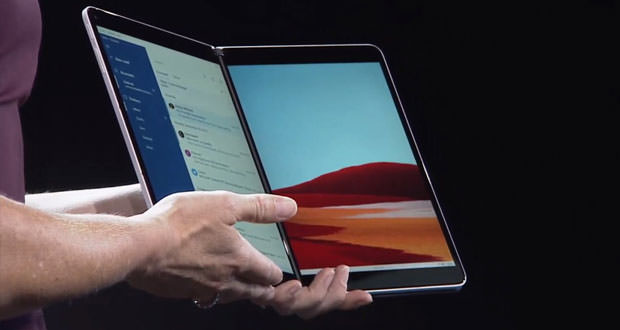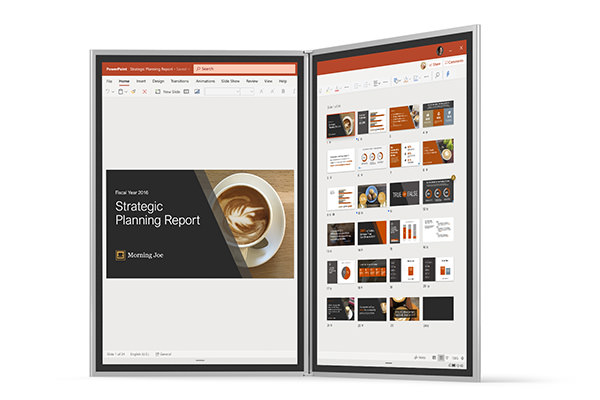Will Windows 10X support Win32 apps? Here is a first confirmation
The Microsoft operating system for dual-screen devices may support Win32 apps, but only in ” containers ” and not really in native mode.
Microsoft has officially announced a lighter version of Windows, renewed and designed for next-generation dual-screen devices, along with Surface Neo and Surface Duo. It’s called Windows 10X and, to date, we don’t know all the details of the new version. For example, we do not know if the new operating system will support Win32 app, that is ” legacy ” applications for Windows with a traditional interface, even if a job announcement on LinkedIn would suggest that Microsoft is thinking about it.
Right from the start Windows 10X has been configured as a sort of later version of Windows RT, one of the latest simplified versions of the Microsoft operating system designed for different form factors than desktops and notebooks.
Win32 app lacked support on Windows RT, which is why there was also doubt about Windows 10. But, according to the announcement on LinkedIn, Win32 app will be on Windows 10X as the company has stated that it is working on, verbatim, ” support for Win32 applications for Windows 10X on dual-screen devices such as Surface Neo “.
It seems that Microsoft has understood that launching an operating system with app support limited to Store solutions only is not a strategy that pays off, since it is a mistake that has already been made in the past on several occasions.
The company could think of supporting ” legacy ” apps inside containers, or a sort of Virtual Machine in the cloud in which the long-standing software could be launched quickly, efficiently and, above all, in total security for the device.
Microsoft already uses a sort of software emulator on the new Surface Pro X, which uses hardware with ARM architecture, through which applications designed for the x86 architecture can also be launched on the tablet / 2-in-1.
However, this is an approach that has several compromises, both in terms of efficiency and safety. Treating apps that are not natively compatible within ” containers ” could be an approach with other types of compromises, but it could be the ideal solution for performance and security.


